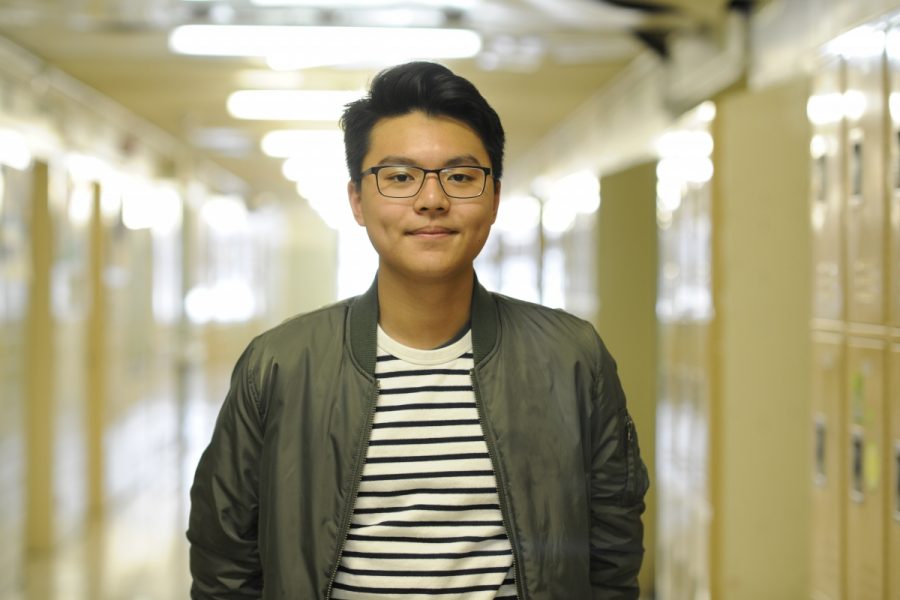Differentiating the Course Additions
The Mathematics Department unveils three new courses
Timothy Zhao ’19 plans on taking Mathematical Applications in Engineering during his senior year.
The Math Department is welcoming three new courses for the 2018-2019 academic year. These exciting additions to the Bronx Science curriculum include: Algorithms, C++ Programming, and Mathematical Applications in Engineering; these classes do not require special permission in order to enroll.
The Algorithms course is based on theoretical computer science. Simply put, algorithms are a way for any computational device to solve a problem given certain conditions. Both simple and complex algorithms — from random number generators to search algorithms utilized by Google — are entirely essential to the functioning of our current society. Students who take this class will analyze designs and evaluate effectiveness of presented algorithms, while learning how to develop their own. Data structures, used to help organize data efficiently, will be a major component in understanding the essence of algorithms. Algebra II and Coding For All are prerequisites.
C++ is one of the most popular programming languages with versatile applications, such as in gaming, image processing, and applications within browsers. The C++ Programming course strengthens overall coding ability and provides experience for students who are interested in engineering or computer science careers. C++ programming will be used in conjunction with Mathematica, a computing system which has a more modern platform, to create codes. Students will explore the many fundamental features of C++, such as pointers (which indicate the address of another variable) and templates (which can re-adapt the original code for another purpose). AP Computer Science is a prerequisite.
“Mathematical Applications in Engineering
connects
mathematical concepts to
real-life
situations.”
Mathematical Applications in Engineering connects mathematical concepts to real-life situations. Major topics covered include structural engineering, optimization, computing and finite element analysis. The computer program Matlab will aid students as they calculate models and see how modern technology can revolutionize the world of complex engineering. Timothy Zhao ’19, an aspiring engineer, said, “As someone who has always been more STEM-inclined, I feel like these additions create more room for students like me to explore specific interests. I now have more explorable options that are tailored exactly to fit my area of study.
Kelly Xiao is a Staff Reporter for ‘The Science Survey’ and a Student Life Reporter for the ‘The Observatory’ yearbook. She appreciates the ability...

